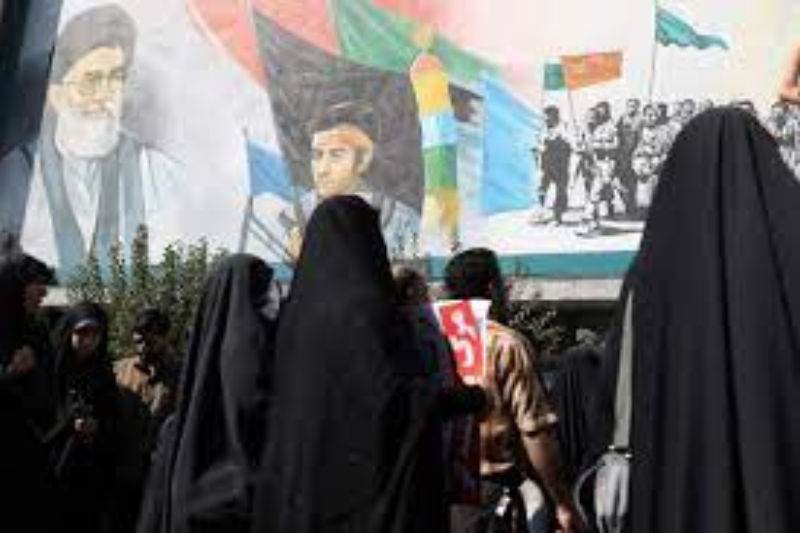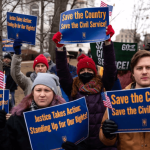
repression in iran crackdown ahead of protest anniversary
A troubling uptick in oppressive tactics against civil society and dissenting voices has been observed in Iran, a country with a complicated socio-political terrain. This increase occurred when Mahsa Jina Amini’s death in detention one year ago approached, sparking widespread demonstrations. Alarmist organization Human Rights Watch has called on UN members to take action against the serious human rights abuses committed by Iranian authorities. This article explores the complex web of repression, highlighting the persecution of activists, artists, attorneys, professors, and those who are critical of the government.
Systematic Oppression and Injustice
The death of Mahsa Jina Amini, a 22-year-old woman held by the morality police, has come to represent the systematic persecution of women by the Iranian government. To quell the increasing resentment and demands for fundamental change within Iranian society, authorities are working cooperatively to squelch public commemorations of her death.
Targeting Activists and Families
The Iranian government is cracking down on both activists and their families. Those who call for justice for the protest victims of 2022 are subject to intimidation, arrests, and legal action. The hardship and repression experienced by those looking for the truth and accountability are increased by pressure placed on families of people who died during the protests to forgo conducting memorial services.
Silencing Legal Support
Lawyers who stand up for the rights of demonstrators and their families are routinely targeted. Saleh Nikbakht, the attorney for Mahsa Amini’s family, is accused of “propaganda against the state” just for supporting social and political causes, such as Amini’s situation. This suggests a broader assault on the legal system’s supporting infrastructure, which is necessary to guarantee justice and due process.
Academic Institutions Under Siege
The crackdown has reached college campuses where professors who disagree with government views risk being fired, suspended, or driven into early retirement. The silence of academic voices points to a larger effort to stifle intellectual conversation and limit the autonomy of educational institutions.
Keep Reading
Repression extends to the Arts
Retaliation, arrests, and legal action are meted out to artists who show support for the protest movement. Mehdi Yarahi, a musician and composer, was detained after publishing a song that supported the protest movement, which demonstrates how the government will go to great measures to suppress dissent and stifle artistic expression.
Compulsory Hijab Laws
Iranian authorities have stepped up their enforcement of rules requiring the hijab, specifically targeting women. Businesses that disregard the requirements for the hijab are frequently subject to prosecution, penalties, and closure. Additional fines are threatened by the proposed legislation, which restricts personal freedom and intensifies discrimination based on gender.
International Reaction
The 2022 demonstrations made it clear that the protest movement has the support of the global community. Activists, artists, and members of civil society must, nevertheless, have consistent support if sustainable change is to be achieved. The world must prioritize empowering people who are suffering greatly as a result of their tenacity in the face of persecution.
The world needs to pay serious attention to the current environment of persecution in Iran, which targets activists, artists, and dissenters. It serves as a striking reminder of the lengths the Iranian government will go to silence criticism as the terrible death of Mahsa Jina Amini’s anniversary draws near. People working for justice, equality, and a fundamental shift in Iranian society must have the support of the entire world.









